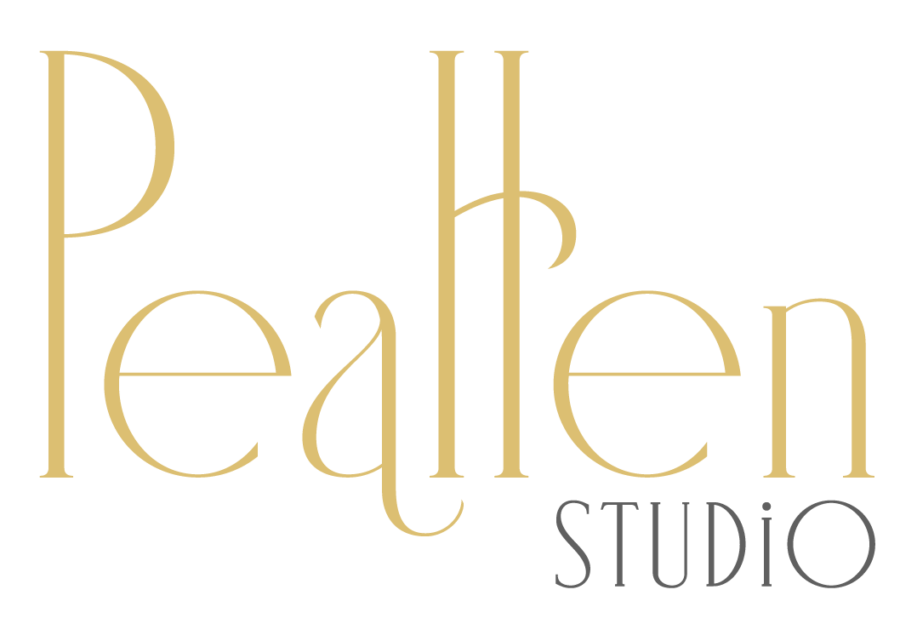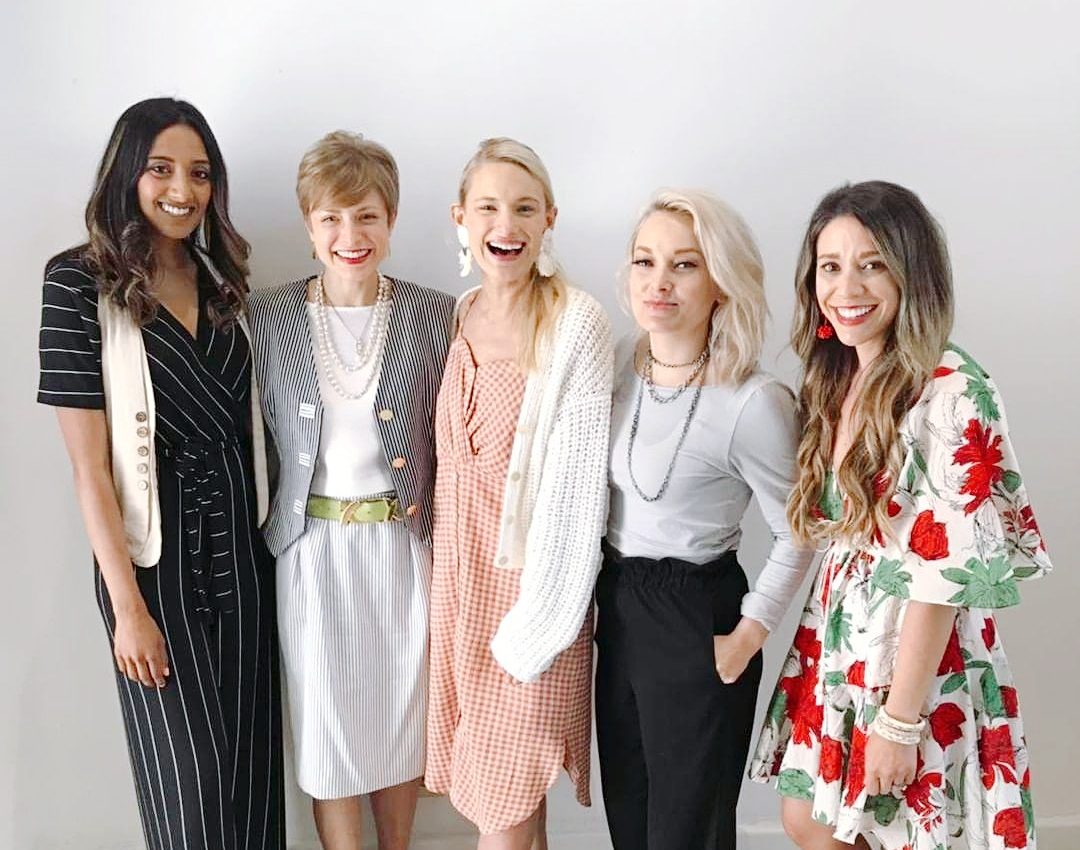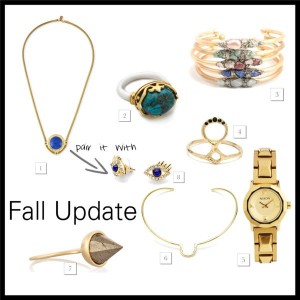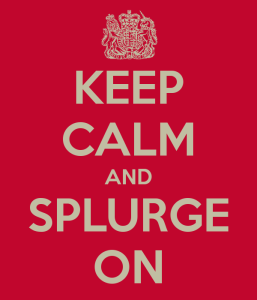Austin influencers on the Fair Trade Federation panel
Am I an “Influencer?”
Until recently, I’ve been cautious about calling myself an influencer and I’ve outright corrected people when they’ve
I’m a writer, an investigator, a journalist, a deep-thinker, and an advocate among many
Still, this isn’t enough to fully contextualize my ick factor. I’m asking myself questions like, “Is it because I associate the word with celebrity or shallowness? Do I resent it because I see others climbing the success ladder on the back of their 50K+ (maybe dubiously) followers? Maybe a little of both?”
I’m not famous, nor do I want to be. As I approach 30, I’ve done enough pushing myself into the public eye as a “stretch goal” to know that it runs counter to my nature. I like to retreat into privacy and enjoy the comfort of my humble little writer’s den and semi-anonymous life. I’m tired of trying to force myself aggressively at social media growth that, ultimately, doesn’t reinforce my work.
I mean, I haven’t even broken 3K followers on IG for Pete’s sake! But what I do know is that I’ve worked hard for my tiny audience. I use all the tools like an instagram scheduler to make sure that what I am posting is top quality, and I’ve built relationships face-to-face and I’m proud that I’ve cultivated a community that gives a damn and genuinely engages with what I write (<3 you!).
I guess what I’m trying to say is that deep down I’m more concerned with changing consumer habits than amassing a following and this work happens more on an interpersonal level, where I have more clout. Still, it doesn’t feel great when the world quantifies everything and the new capital is social engagement.
Nevertheless, I deal in reality and influencing is something I have to learn if I want to get my message about ethical fashion across to more people.
Recently, I had the opportunity to unpack a lot of these ideas. I was asked to speak on the Fair Frade Federation’s influencer panel and while I almost turned it down, I’m glad changed my mind. I met four other savvy influencers and got to learn from their perspectives.
Ultimately, it helped me define “influencer,” at least for now. Here’s what I’ve got…
1. An influencer is serious
The first thing that was apparent was how hard all influencers are working, whether they’re just starting or already at the macro level. Even if they don’t have an “official website” outside Instagram, it’s still a TON of effort to negotiate partnerships, write copy, and schedule and monitor engagement. Simply getting more followers can be tiring work unless you go to www.upleap.com!
It’s not all sitting around eating macaroons and living off free samples. There’s rent to be paid. And with that comes difficult decisions, like sometimes taking on paid partnerships that they’re not 100% enthused about. Sometimes, starting out on the platform can be somewhat of a drag as there appears to be no engagement with any of your content at all; thankfully, you can always order instagram likes to give the appearance of engagement which can actually act as a springboard for the platform’s algorithm to treat your content more favorably whilst also improving your image and credibility as an influencer or a brand.
For me, it’s easier to make editorial calls and be choosy about partnerships because I have income from a 9-5. This both helps and holds me back. It means more of my content is “mine” but it also means I move much slower and can’t devote myself fully to the blog. It’s a stifling kind of stress where I feel limited in what I can give to The Peahen but it’s still a privilege.
Other influencers don’t have that luxury. They have to find creative ways to form brand partnerships that don’t feel like total cop-outs. It means waking up and sending pitches, developing multiple creative projects, and managing business activities all in tandem. I do this too, but if something doesn’t pan out, I’ve got a fallback plan.
When I turn the other cheek, I can’t imagine what it would be like relying fully on my blog to support myself. I guess it’s a “pick your poison” kind of dilemma. But whatever business model they’ve devised, I think a better word for influencer might be “sheer force of nature”?!
2. An influencer sways hearts and minds
Simply put, they inspire change. For me, I define this further as someone who is doing said change-making for good. They’re not just peddling products, but telling thoughtful stories.
As I mentioned, influencers, especially ones doing it full-time, have to make decisions that help them keep the lights on. This means taking partnerships that won’t be 100% on-brand but helps them fuel their authentic work, grow, and expand their reach. That’s why you see many influencers modeling, acting, and taking on side gigs in the public sector.
For the most part, if you want to identify a true influencer, look for the 80/20 or 70/30 rule of balance. An authentic voice with some wiggle room for making income. And keep an eye out that they’re being
3. An influencer goes beyond Instagram
They have a unique voice. There will always be space for new styles. It’s the commodity of the creative world. We all know how beneficial Instagram can be in helping people to create different types of posts. It offers something that not a lot of other platforms offer, and that’s why it’s so popular. People are always looking for ways to increase their followers, regardless of whether they do it through their content, or if they decide to try nitreo, or a similar type of growth service instead. Both have the ability to expand and build a profile that you can be proud of. It’s also one of the best places to get your creative juices flowing. On saying this, I do, however, think it should live beyond Instagram. Please don’t get me wrong, we shouldn’t dismiss creatives who are only on Instagram (for aforementioned reasons: lots of work!) but we should encourage them to seek out other bodies of work that lend legitimacy to their work and will sustain them if the social media bubble bursts. Safety first!
4. An influencer navigates uncharted territory
Another thing that validated my skepticism about the word was realizing just how new the industry is. I mean, it’s only been around for about five years so the fact that it’s scary is understandable. Influencers are charting their way and creating the rules as they go. Most of them have worked out pricing, developed media kits, spit out hundreds of contracts, and worked through complex legal negotiations — all without a rule book.
They’re establishing a new business model and only now starting to form coalitions to unite and work through the process. There’s no governing body, official agency, or union to protect them. And on top of that, they’re functioning in a media landscape that’s rife with trolls and flame throwing that attack when we’re most vulnerable.
Some of them curate beautiful feeds tailored to a topic or issue. Their public face is their business and they keep their personal lives close to the belt, even on days when they’re incredibly broken behind the scenes or just-don’t-feel-like-it. For others, their emotions are their brand and there’s pressure to stream them in real time.
Whenever style they choose, there’s value, space, and legitimacy for it all. Influencers are united by the grind and the new emotions they’re experiencing in the social domain.
I hope this compels “us” to come together to form coalitions and listen to each other so we can bring more context to the field.
Back to my original question
After this panel, I finally feel like my nebulous thoughts have more context.
I haven’t built out full-fledged business in this space and I still think more specific terms like “writer” or “advocate” are more appropriate for me, but as long as influencing means having a voice, I’m in. It’s a world I’ve denied for too long and one that I’m now validating and proud to be a part of.
One thing I have firmed up is that influencing isn’t empty, it’s emerging.
I hope you’ll continue to come here for my writing, my mission to transform fashion, and my journey to define influencing.
Kasi
& more
Checkout my fellow panelists’s blogs:
- https://yourtrendytherapist.com/
- https://thehonestshruth.com/
- https://citizensofbeauty.com/
- https://www.instagram.com/austinfoodstagram/?hl=en
Tell me, how do you define influencer?




